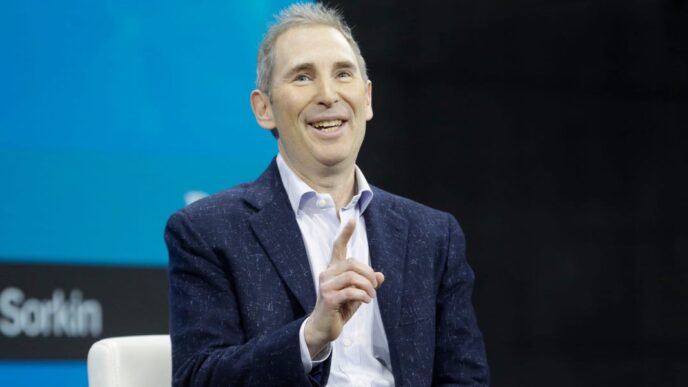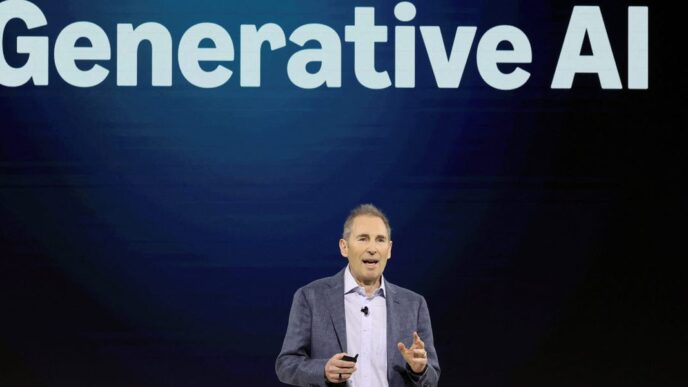AI’s environmental and ethical toll spotlighted in new WEF Global Risks report
The World Economic Forum’s 2025 Global Risks report ranks climate change and AI-related risks as top global threats for the next decade. It warns of intertwined economic, geopolitical, and societal risks amplifying environmental and tech dangers.
AI surged mainstream with ChatGPT’s 2022 launch, hitting 100 million users in 2 months. But the tech comes with a massive environmental footprint. OpenAI CEO Sam Altman revealed that polite phrases like “please” and “thank you” to ChatGPT add tens of millions in computing costs due to energy use.
OpenAI’s GPT-3 training burned about 1,287 MWh, enough electricity to power 120 US homes for a year. Most emissions—over 60%—come from daily AI usage, not just training. A study estimates GPT-3 consumes a 500ml water bottle per 10-50 medium-length responses. Global AI water withdrawals could hit 4.2-6.6 billion cubic meters by 2027—4-6 times Denmark’s annual water usage.
No standard exists to track AI emissions due to provider opacity, varying grid carbon intensity, and diverse AI tools.
Beyond environment, AI raises ethics alarms: data privacy, opaque decision-making, and job impacts. A 2024 MIT Sloan survey finds 52% of respondents doubt organizations’ readiness to handle AI risks. Biased training data leads to skewed results, and AI “black boxes” leave users in the dark about reasoning.
Goldman Sachs says up to 300 million jobs may be impacted by AI. Yet, most roles face partial automation and will be supplemented, not replaced. A recent MIT study backs the need for human oversight on biased data or moral issues.
On climate, top emitters like China, the US, India, the EU, and Brazil are adding renewables but probably won’t meet 1.5C warming targets. Only Iceland, Norway, New Zealand, and Denmark are close to hitting 80-100% clean energy goals.
An IMF study claims decarbonization could yield $85 trillion in net gains. Stanford research projects 24.3 million new jobs in clean energy by 2050, outpacing fossil fuel losses. Demand for sustainability pros is rising fast.
The climate crisis requires realism in recognizing the practical steps needed to transition responsibly. That means investing in clean energy infrastructure, supporting upskilling and retraining programs, implementing fair carbon pricing, and fostering international cooperation to mobilize climate finance for the Global South.
Meanwhile, new AI rules from the EU and South Korea set fresh governance standards. The dual challenge: navigate AI’s energy demands and climate deadlines without sacrificing transparency or workforce welfare.
For users: trim unnecessary AI queries and pick low-carbon platforms. For developers: boost model efficiency and greener data centers. For policymakers: take a holistic view—covering energy, data rights, workforce shifts, and climate.
Climate and AI risks are linked. Ignoring one fuels the other. The pressure is on.














